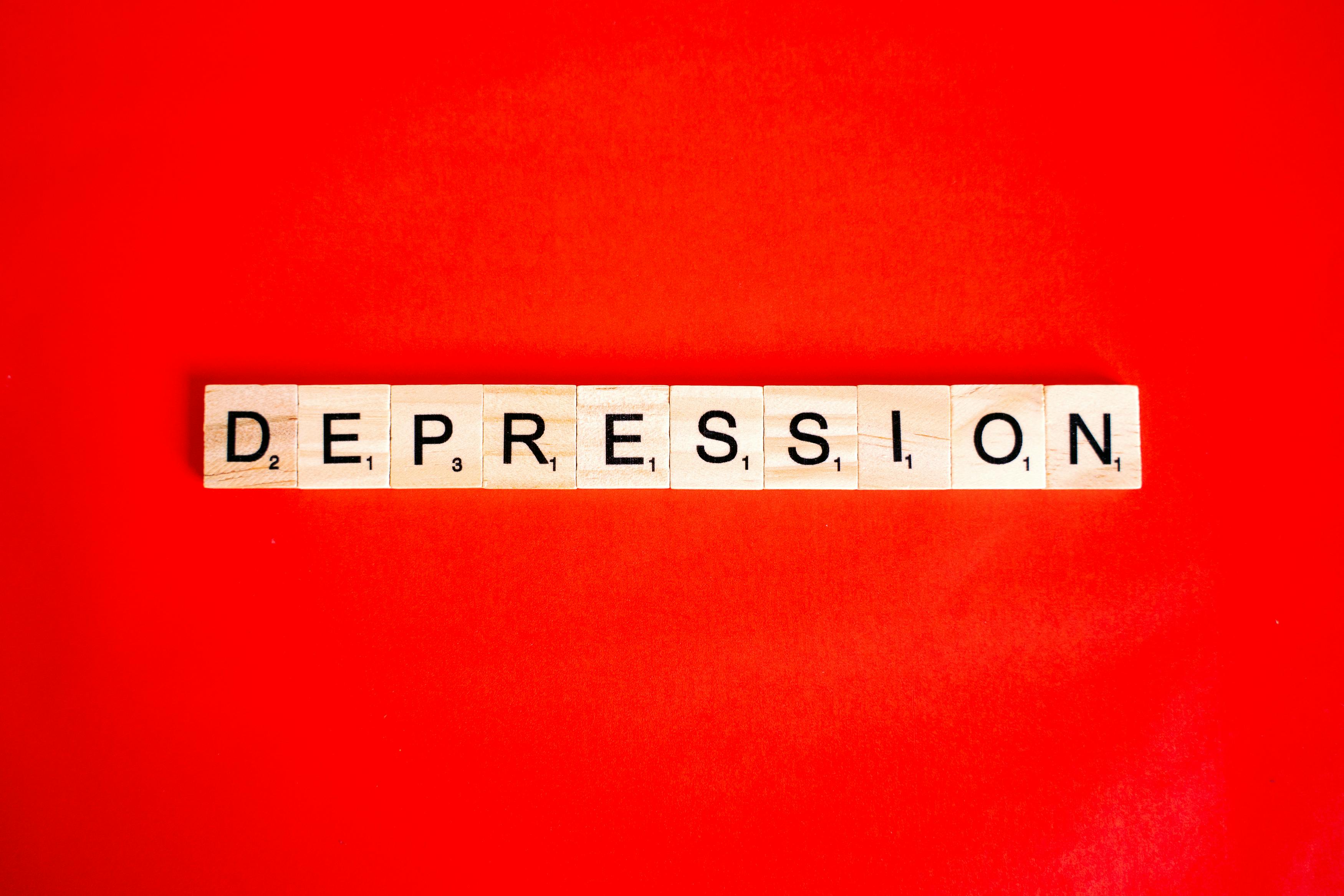When you think about it, childhood trauma—it’s like this looming shadow that stretches far into adulthood, especially in relationships. Those early years, they leave an imprint, shaping perception and interaction with the world. So, let’s dig deeper into how past trauma shows up in adult relationships and, importantly, how one might find healing. This exploration, backed by real-life studies (seriously, trust me on this one) can offer some much-needed insights and, hopefully, a path to improvement for anyone looking to better their relational life.
Table of Contents
- Understanding Childhood Trauma
- How Childhood Trauma Affects Adult Relationships
- Healing and Building Healthy Relationships
- The Role of Self-Care and Resilience
- Wrapping It Up
- References
Understanding Childhood Trauma
Childhood trauma isn’t just a buzzword; it’s about really tough experiences kids endure, like abuse or living in a turbulent home. Did you know—according to the Substance Abuse and Mental Health Services Administration (SAMHSA)—that a staggering two-thirds of kids report at least one traumatic experience by age 16? These incidents can totally rewire the brain, messing with emotion control and how we connect with others.
How Childhood Trauma Affects Adult Relationships
-
Attachment Styles
So, we’ve got this thing called attachment theory, thanks to John Bowlby. It basically says our early caregiver experiences shape how we connect—or don’t—with others as adults. If you toss trauma into the mix, you might end up with insecure attachment styles, such as anxious or avoidant attachments. I caught a piece in the “Journal of Social and Personal Relationships” noting that people with childhood trauma histories often struggle to form stable adult connections. Makes you think, doesn’t it?
-
Emotional Dysregulation
Ever feel like emotions are just out of control? Childhood trauma can be at the root of this. Such trauma can lead to a rollercoaster of emotional sensitivity and impulsivity, making it hard to keep peace with loved ones. The “Journal of Traumatic Stress” highlights how survivors frequently wrestle with intense emotions, sparking misunderstandings and conflict.
-
Trust Issues
Trust. It’s foundational, right? But when childhood relationships betray or neglect us, trust can become elusive. Research in the “Journal of Interpersonal Violence” points out that trauma survivors often grapple with trust, leading to vigilance and struggles in forming close bonds. Frankly, who wouldn’t find it tough after going through that?
-
Fear of Intimacy
Intimacy—sounds warm and fuzzy, but not for everyone. For those with a traumatic past, intimacy might dredge up painful memories. Those fears can foster self-sabotage or lead to choosing partners who are, well, less emotionally available. The “Journal of Family Psychology” sheds light on how those with childhood trauma often shy away from closeness to protect themselves.
Healing and Building Healthy Relationships
-
Therapeutic Interventions
Thank goodness for therapy—it’s a game changer. Cognitive-behavioral therapy (CBT) and Eye Movement Desensitization and Reprocessing (EMDR) are gold standards for addressing trauma. A meta-analysis in “Psychological Medicine” shows these approaches significantly reduce PTSD symptoms. They offer a shot at healthier relationship patterns.
-
Mindfulness Practices
Ever tried mindfulness? It tunes you into your emotional landscape, reducing those knee-jerk responses in relationships. “Clinical Psychology Review” found mindfulness bolsters emotional regulation—definitely a win when combatting trauma’s relational ripple effects.
-
Building Trust Gradually
Trust isn’t a sprint; it’s that slow, steady walk. It calls for open dialogue and baby steps toward trust-building. The “Journal of Marital and Family Therapy” suggests strategies like transparency and consistency to mend and strengthen relational trust.
-
Education and Support Groups
Knowledge is power, especially when it comes to understanding trauma’s impact. Support groups offer a haven to exchange stories and wisdom. “Trauma, Violence, & Abuse” highlights how peer support boosts resilience and relational aptitude.
The Role of Self-Care and Resilience
Resilience—it’s like armor in the battle against childhood trauma’s echoes. Self-care routines, like regular exercise, good sleep, and a balanced diet, fortify emotional strength. “Health Psychology” found that physical wellness is intertwined with emotional resilience, underscoring holistic self-care’s significance.
Moreover, a robust network of friends and relatives can provide that emotional buffer as you navigate tricky, trauma-tinged relationships. “The American Journal of Psychiatry” underscores social support’s critical role in healing, offering vital validation and motivation.
Wrapping It Up
There’s no denying it—childhood trauma wields a hefty influence on adult relationships through attachment styles and trust issues. Yet, with the right steps like therapy, mindfulness, and support networks, transformation is possible. Embracing understanding and healing, individuals can reshape their relational landscape for the better.
Begin your journey towards healthy relationships—check out Hapday for expert guidance and resources tailored to help you thrive emotionally and relationally.
References
(Side note: Here are some noteworthy reads for those who want to dive deeper into the academic side of things. Definitely worth checking out!)
- Substance Abuse and Mental Health Services Administration (SAMHSA). (2019). Understanding Child Trauma. Retrieved from https://www.samhsa.gov/child-trauma.
- Bowlby’s attachment theory may be an oldie but a goodie—it’s detailed in Mikulincer, M., & Shaver, P. R. (2007). Within “Journal of Social and Personal Relationships”.
- Searching for distinctions in trauma? Check out Cloitre, M., et al. (2009) in the “Journal of Traumatic Stress”.
- Riggs, S. A. (2010) delivers insight into emotional abuse in “Journal of Aggression, Maltreatment & Trauma”.
- Want to read up on mindfulness? Segal, Z. V., et al. (2018) have you covered in “Clinical Psychology Review”.
- Collins, N. L., & Read, S. J. (1990) dive into adult attachments in “Journal of Personality and Social Psychology”.
- Werner, E. E. (1995) on resilience is engaging, see in “Current Directions in Psychological Science”.
- Southwick, S. M., et al. (2005) discuss resilience from varied perspectives in “European Journal of Psychotraumatology”.

